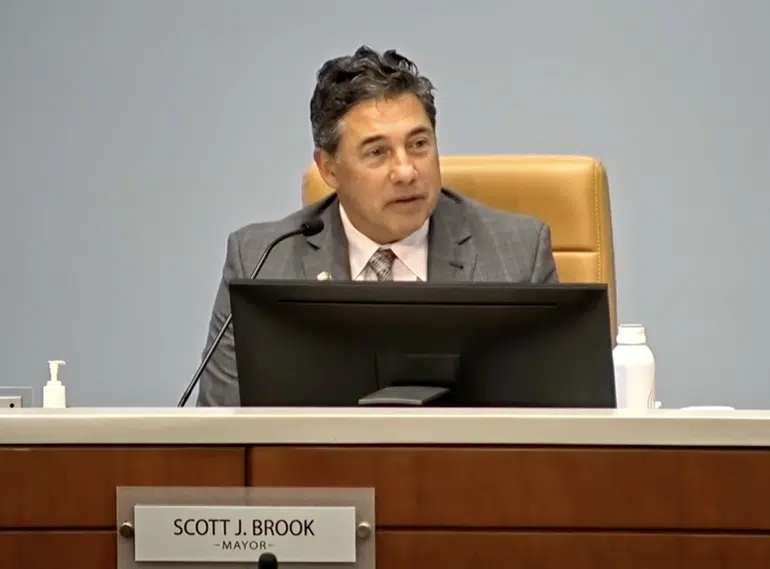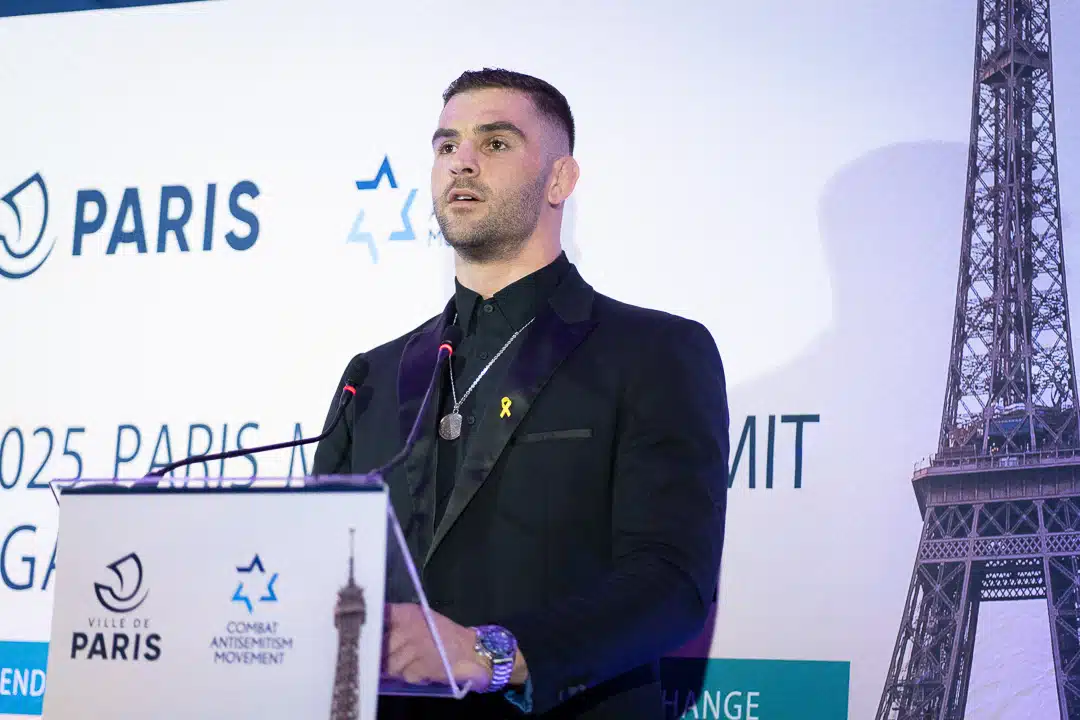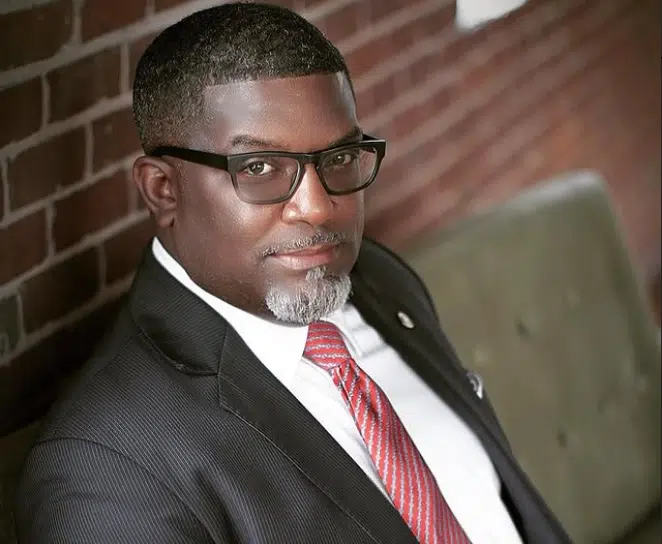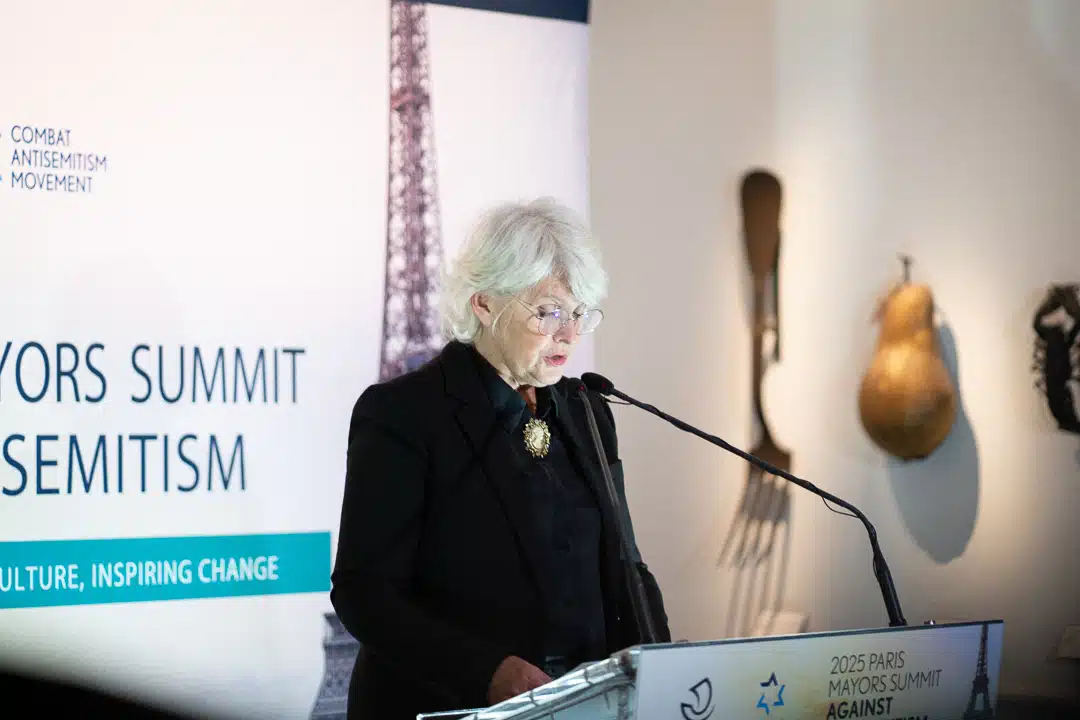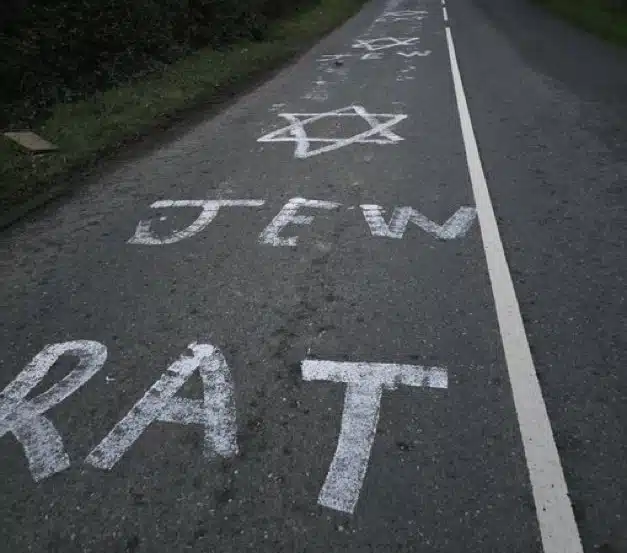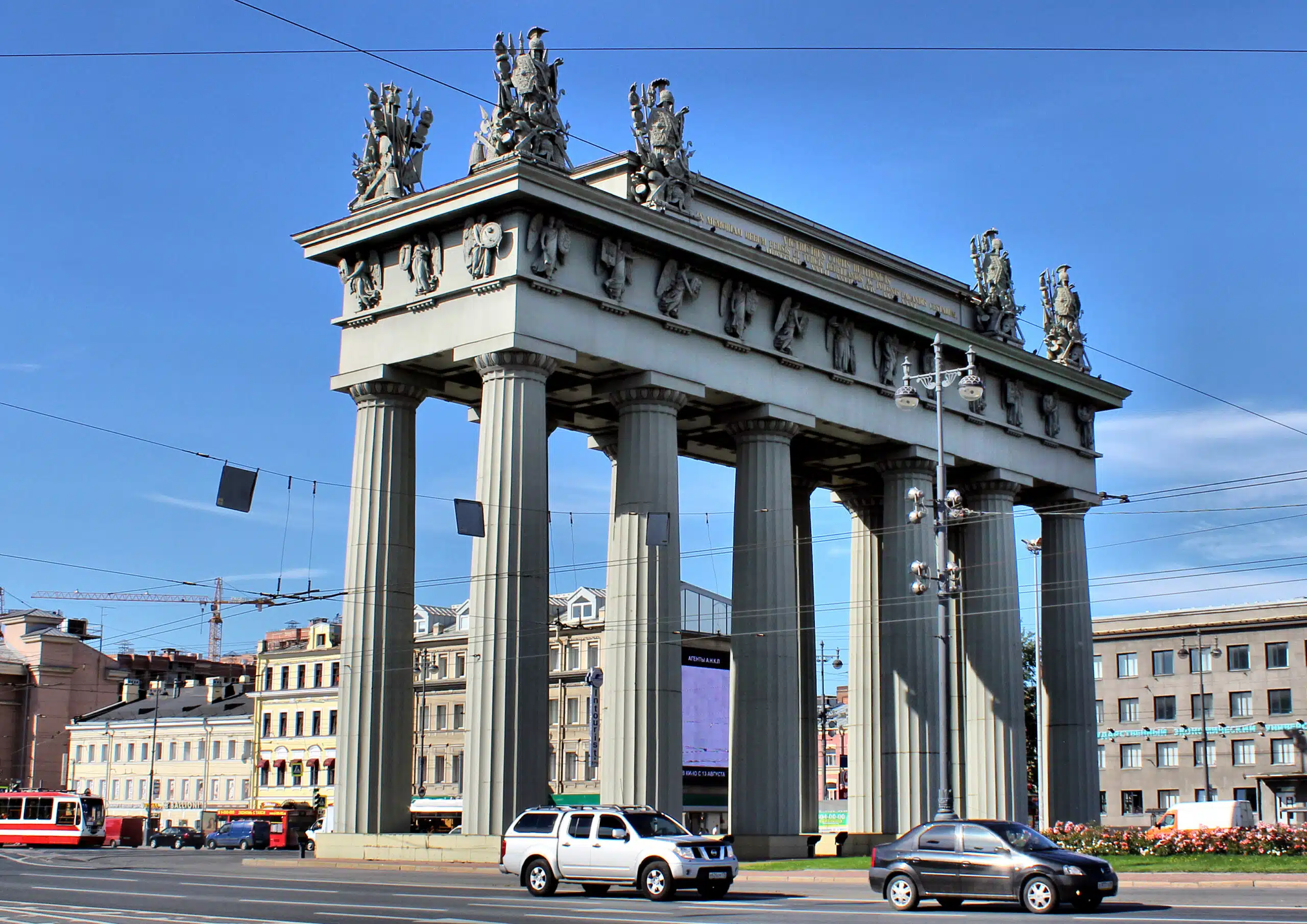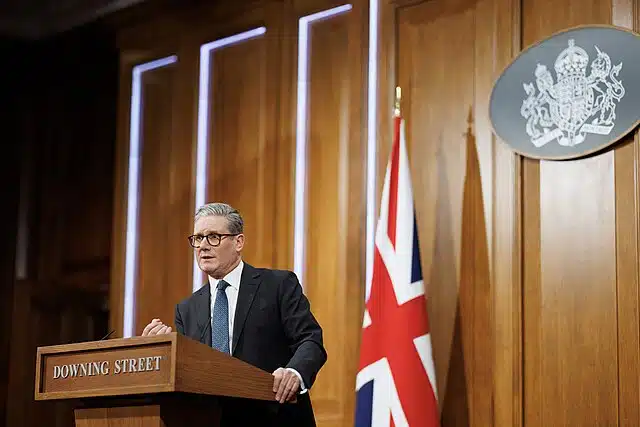|
Getting your Trinity Audio player ready...
|
South Florida was well represented at the North American Mayors Summit Against Antisemitism in Fort Lauderdale last November, with dozens of area municipal leaders participating in the annual forum organized by the Combat Antisemitism Movement (CAM).
Among the local officials attending the summit, held in the shadow of the October 7th Hamas massacre in Israel and the global surge of antisemitism it triggered, was Coral Springs Mayor Scott J. Brook.
A family law attorney by day, Brook was first elected to the Coral Springs City Commission in 2002 and served as mayor from 2006 to 2010. He later returned to the mayor’s office in 2019.
This week, Brook spoke with CAM Editor-in-Chief Barney Breen-Portnoy to recap the Fort Lauderdale summit and share his experiences handling antisemitism-related issues in his role as mayor.
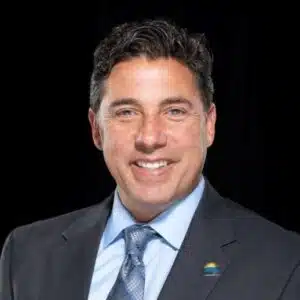
How did the North American Mayors Summit Against Antisemitism contribute to your understanding of the nature of modern-day antisemitism and ways to confront it?
“It certainly gave me a great understanding of the breadth of antisemitism and also many ideas to combat antisemitism. One of the speakers [Parents for Peace Executive Director Myrieme Nadri-Churchill], who came from a Muslim background, talked about how common it is that we judge, and her suggestion was that we judge favorably. I loved that you know, it really resonated with me. I do my best not to judge, but as I thought about how human it is for people to judge, to make quick judgments, I thought how awesome it would be if we judge favorably when we decide to make a judgement.”
“There were a lot of dynamic speakers. One of them was a young lady named Natalie [Sanandaji], who was an October 7th survivor. She was very inspirational, and the fact that she could come out of such a harrowing ordeal and be so positive and share so much love and kindness was incredible.”
“I think one of the best ways we combat antisemitism is being vocal. Whether you’re Jewish or not, about non-judgment, favorable judgment, love, kindness, educating people. And I think it’s important that those of us who are not extremists, who are many, that we’re heard.”
“I happened to go up to the U.S. Conference of Mayors conference a couple of months after the summit. And during that conference, several of the mayors toured the Holocaust Museum in Washington, D.C. There, I saw what kind of movement there was in Germany, where antisemitism showed its head long before World War II began. And I got to see the silence that surrounded that type of prejudice. I think it’s so important that we’re not silent.”
“As a result of that, I decided to have an urgent community conversation as the mayor of Coral Springs. We’re the 16th-largest city in the third-largest U.S. state. I got the support of my entire commission to have this community conversation to overcome hate and prejudice. And my original impetus for that, in many ways, was your summit.”
What specific actions are you already undertaking or are planning to undertake in your city against antisemitism?
“So that community conversation was one specific action, which took place a couple Fridays ago. I will certainly seek to hold at least one more that I lead in the next couple of months. I know our multicultural committee was interested in leading a similar conversation, as well as at least one of my fellow commissioners, which I totally support.”
“One of the things that we do here in Coral Springs as a matter of course is we celebrate the diversity of our community. We have a National Day of Prayer event coming up in May, with representatives from many faiths, including the Jewish faith, participating, and I’ll definitely be supporting that. We have a Thanksgiving unity gathering, two days before Thanksgiving with members of our clergy coalition, the mayor here, and the mayor in Parkland, which is right next door to us, attending. So these are some things that we already have in place. What else I intend to do is hopefully visit Israel to show my support for our Jewish population and for Israel, and come back with some ideas from other mayors. I’m also the president of the Florida League of Mayors, and one of my goals is to have a community conversation with our league to overcome prejudice, which includes combating antisemitism.”
In Coral Springs, have you had to deal with any manifestations of antisemitic hatred in the aftermath of October 7th?
“Thankfully, we have not. But just to the north of us in Parkland, shortly after the October 7th massacre, there were a couple of bicyclists that went by Chabad and were shouting epithets. That was the only the incident that I’m aware of since October 7th in this area.”
Which cities-oriented strategies or approaches have you found particularly effective in addressing contemporary manifestations of antisemitism?
“I’m really all about conversation, education, and dialogue. In Coral Springs, we happen to have what I would consider a very inclusive, respectful, and family-oriented community. But advice that I would give to potentially other cities where antisemitism has or might rear its ugly head is that one of the best ways to get in front of it is to have things in practice, like we already have in Coral Springs, which includes a National Day of Prayer, which includes the community service before Thanksgiving, includes having a multicultural committee, and includes having a community government committee. So long before October 7th, we’ve had a lot of things in place to really unite our community.”
“When I ran for mayor again in 2018, for an opening in 2019, my theme was unity in the community. So I think one of the ways that you combat antisemitism is to engage in dialogue about overcoming hate and prejudice, because within that you combat antisemitism and you wind up having a lot of voices that are not just against antisemitism, but also against prejudice of all forms and all kinds.”
“In terms of another strategy, I think you’ve got to have another summit, and have summits all around. I’d get involved with the U.S. Conference of Mayors if I was you. I’d get involved with the Florida League of Mayors and or the Florida League of Cities. And maybe what you do is form a committee of mayors around the world to address this particular issue, and engage in that dialogue, and, you know, really have a team of mayors who can help you on the ground. You know, there are no elected officials other than mayors who have that kind of connection with their constituents.”
What resources or support would you need more of to enhance your effectiveness in combating antisemitism at the city level?
“If there are any informational or educational links you have for people who want to help address antisemitism in the communities, that would be helpful and I’d be happy to share them on my social media. I’m happy to share when I have office hours and I’m happy to share from the dais. I did go to yeshiva growing up in New York City, from first to eighth grade, so I took Hebrew classes in the day and English classes in the afternoon, and I’m a very proud Jewish mayor.”
What roadblocks do municipal authorities face in implementing strategies and initiatives against antisemitism?
“There’s potentially an undertone, not I’m not feeling it in my community, but an undertone that the only way that this issue in Gaza can be resolved is through peace and to stop the fighting. But what I keep not hearing, on that side of the equation, is where’s the condition for the hostages to be returned home? So I think education is key — education about what happened on October 7th, as well as both before and after, and why a ‘ceasefire’ without at least that condition of returning the hostages doesn’t work for Israel.”
How can CAM help municipal leaders fight antisemitism?
“It’s just tools and presence. You know, come here and let’s have a summit in Coral Springs!”

